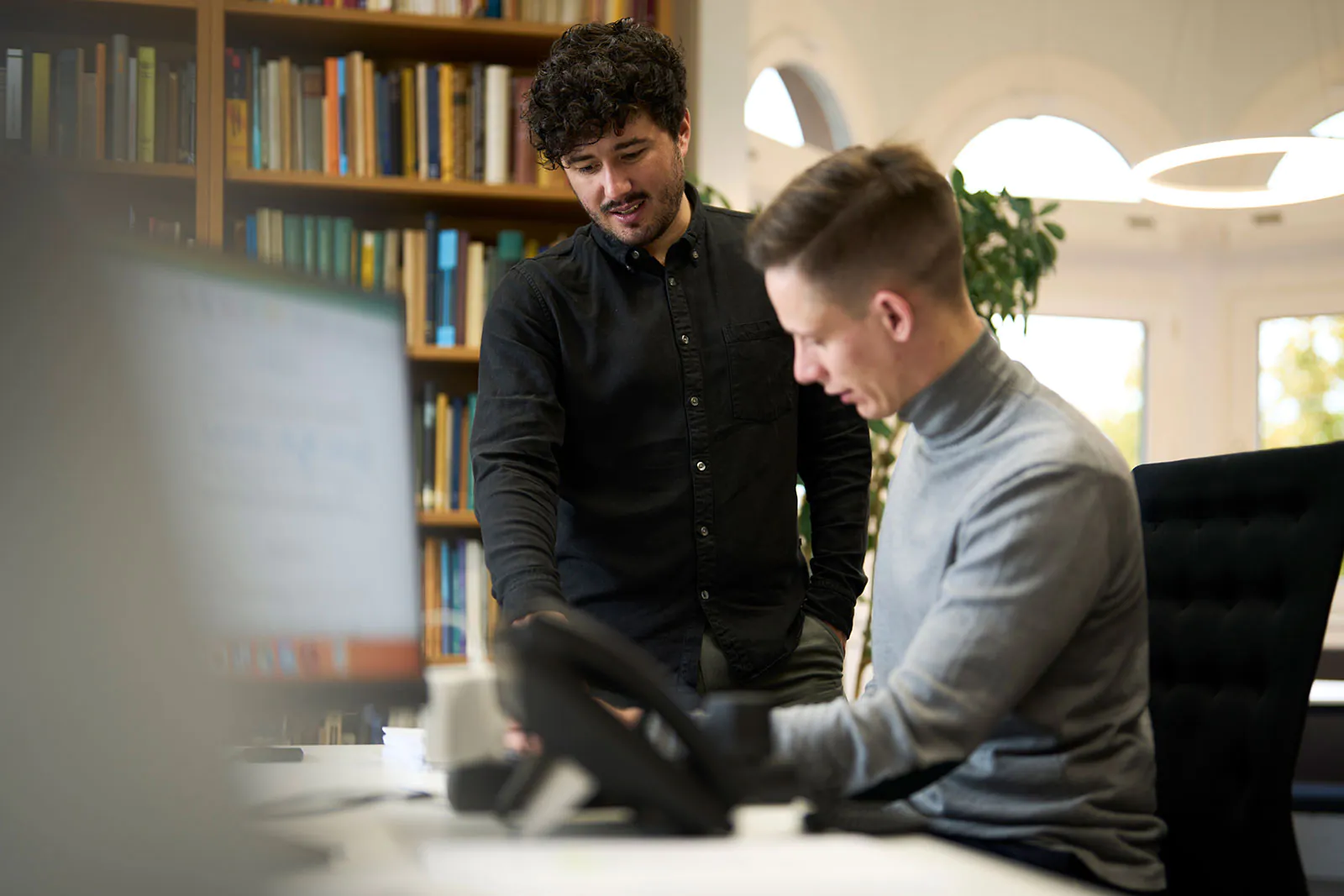
To make sure that the Social Market Economy persists, we think beyond short-term system corrections.
The question is how economic circumstances and parameters of the political competition create incentives to discover and to consider the citizens‘ interest on the long run. We take into account that individuals do not always behave according to the classical model of economic behavior.
Therefore we promote fundamental research projects which are based on econometric, experimental, descriptive-empirical as well as qualitative methods.“
Fiscal policy for the federal, the european and the global competitionEconomic Policy und Fiscal Policies Economic Policy und Fiscal Policies
One of the research foci of the Walter Eucken Institute is in the area of fiscal sciences. Here, we analyze the state of the government budget and the macroeconomic consequences of government revenue and expenditure policies. This includes, in particular, tax policy, the rule-making of government revenue and expenditure policy, the limits of government debt, and the financial interactions of federal levels. In our research projects, we deal with all levels of government, from local to multinational fiscal policy.
to the research area
Fiscal policy for the federal, the european and the global competition Behavioral Economics
In economics, most approaches to analyzing behavior have traditionally been based on the standard neoclassical economic model of behavior, in which an individual is assumed to be a fully rational, self-controlled, and utility-maximizing decisionmaker. However, it is increasingly recognized that individuals do not always behave in ways that are consistent with this standard model.
to the research area
Studies on the Origin and Development of Ordoliberalism History of Economic Thought
The history of ordoliberalism begins with the Freiburg School, a research and teaching community of economists and lawyers at the University of Freiburg in the 1930s and 1940s. The Walter Eucken Institute has set itself the task of investigating the origins, further development and present-day significance of ordoliberal thinking.
to the research area